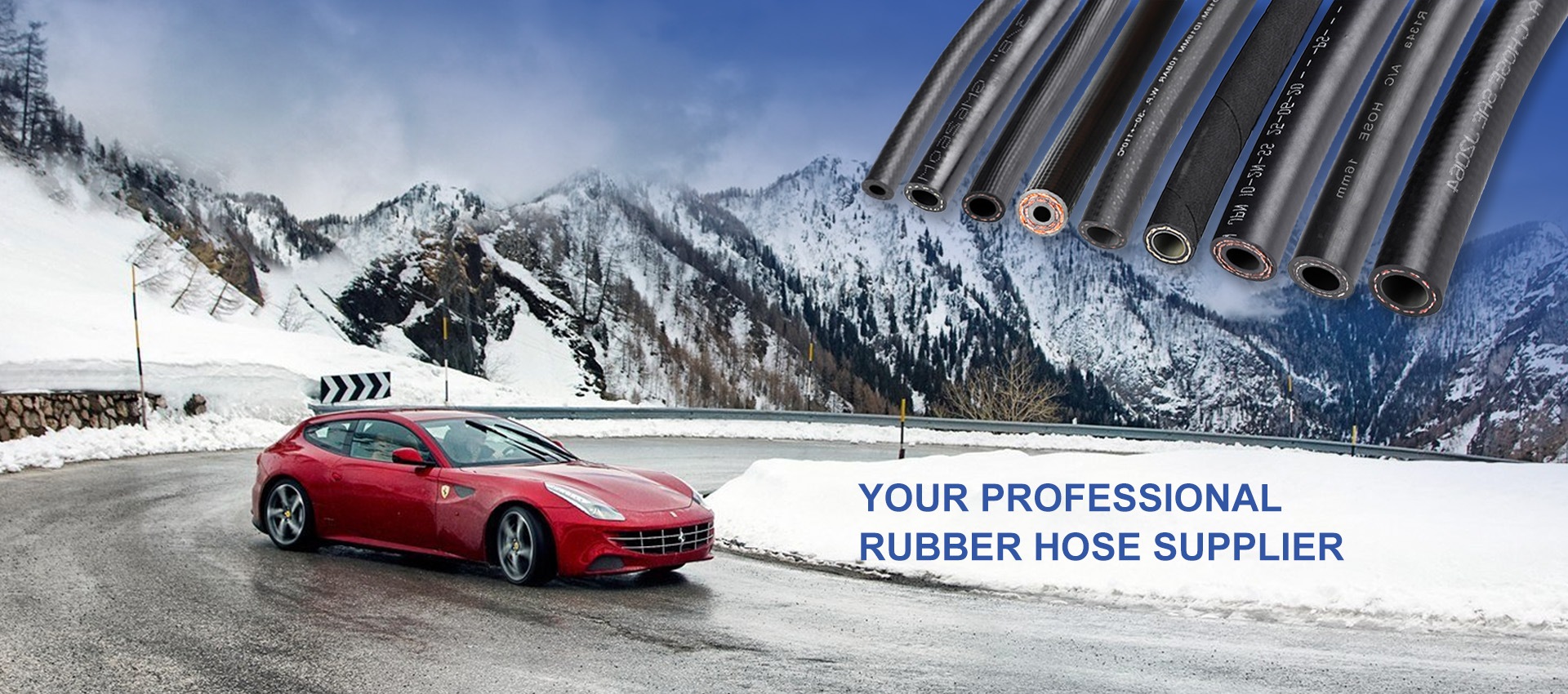truck brake line
Oct . 09, 2024 21:00 Back to list
truck brake line
Understanding Truck Brake Lines A Critical Component for Safety
When it comes to automotive safety, few components are as crucial as the brake system. In larger vehicles such as trucks, the brake lines play a vital role in ensuring that the vehicle can stop efficiently and safely. Understanding the function, construction, and maintenance of truck brake lines is important for both commercial vehicle operators and everyday truck owners.
What Are Truck Brake Lines?
Brake lines are tubes that transport brake fluid from the master cylinder to the brake calipers or wheel cylinders within the braking system. In trucks, which often operate under heavier loads and more intense driving conditions than standard passenger vehicles, the integrity and performance of brake lines are even more essential. Brake lines must be capable of withstanding high pressures, given that trucks can weigh several tons and require significant force to bring them to a stop.
Construction of Brake Lines
Truck brake lines are typically made from durable materials such as steel or braided stainless steel. Steel lines are more common due to their strength and ability to handle high pressures. However, they are also prone to rust, especially if the protective coating is damaged or if the brake system comes into contact with moisture. For this reason, many truck owners may opt for stainless steel lines, which are more resistant to corrosion and provide a longer lifespan.
In addition to traditional hard lines, many trucks also utilize rubber hoses. These rubber hoses are flexible and allow for movement between the chassis and the wheels, accommodating the suspension's travel. However, rubber brake hoses can degrade over time due to exposure to heat, road chemicals, and the general stress of constant movement.
Functionality of Brake Lines
The primary function of brake lines is to carry hydraulic fluid under pressure to the braking mechanism. When the driver presses the brake pedal, the master cylinder generates hydraulic pressure, which forces brake fluid through the lines toward the brakes. This pressure causes the calipers (in disc brake systems) or wheel cylinders (in drum brake systems) to engage and press the brake pads or shoes against the rotors or drums, resulting in the vehicle slowing down or coming to a stop.
truck brake line

Efficient brake line performance is critical, as a leak or a blockage can lead to brake failure, increasing the risk of accidents. Regular inspections of brake lines can help identify any wear and tear, ensuring that the brakes remain responsive and effective.
Maintenance for Longevity
Proper maintenance of truck brake lines is essential for safety and vehicle performance. Here are some key practices
1. Regular Inspections Drivers should inspect brake lines regularly for signs of wear, corrosion, or leaks. This includes checking both hard lines and rubber hoses. Look for any cracks, bulges, or significant discoloration.
2. Fluid Replacement Brake fluid should be changed according to the manufacturer’s recommendations. Old fluid can absorb moisture, reducing its effectiveness and potentially causing corrosion within the brake lines.
3. Protective Coatings For steel lines, applying rust-resistant coatings can help extend their lifespan. This is especially important for trucks that operate in harsh environments or where road salt is commonly used.
4. Professional Service Having brake lines serviced by qualified technicians can ensure that any issues are properly diagnosed and fixed. This is particularly advisable for trucking companies that rely on their vehicles for business, as unsafe brakes can lead to significant downtime and expensive accidents.
Conclusion
In summary, truck brake lines are a critical component of vehicle safety that should not be overlooked. Understanding their construction, functionality, and maintenance can help ensure that trucks operate safely on the roads. Regular inspections, timely repairs, and professional service are key strategies for keeping brake systems in top condition. By prioritizing brake line maintenance, truck owners and operators can help prevent accidents and keep their vehicles performing optimally. Ultimately, a well-functioning brake system is essential for the safe operation of any truck, regardless of its size or purpose.
